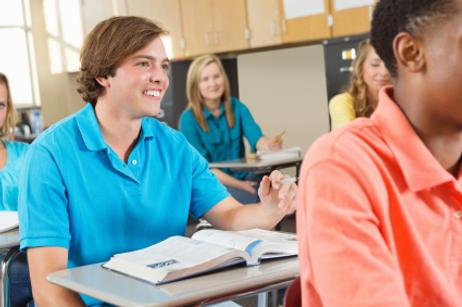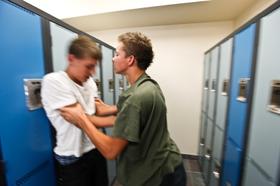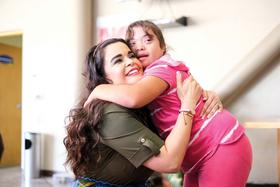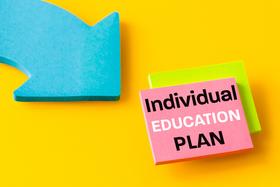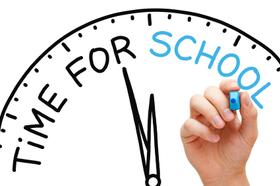Established nearly 60 years ago, Advanced Placement (AP) courses have allowed students across the country to earn college credit even before receiving their high school diplomas. Guided by the College Board, a non-profit organization, AP courses maintain rigorous standards while providing young students with the incredible opportunity to engage in challenging and mature coursework.
However, many parents feel that the AP pathway is simply a "hoop" through which students must jump in order to get into a good college. While students with AP courses on their transcripts tend to experience greater college acceptance rates, experts argue that there are an array of benefits that extend beyond the perks of college admissions.
This video offers an overview of AP courses.
The Advanced Placement Advantages
According to reports, over one million high school students engaged in more than two million AP tests last year. While many high school students simply take AP classes to improve their college application candidacy, there are far greater benefits to these rigorous courses.
College Credit
Colleges today are certainly seeking students with AP experience, as the AP coursework allows college admissions officers to gain greater insight into an applicant's collegiate potential. However, one of the greatest perks of AP coursework is the amount of money that can be cut from a student's tuition bill!
According to the College Board, over 90 percent of colleges and universities in the United States

